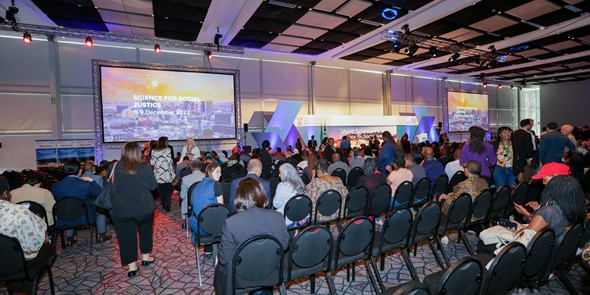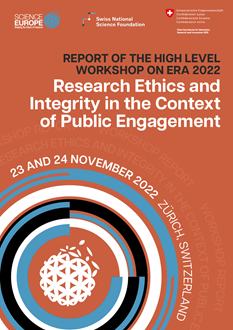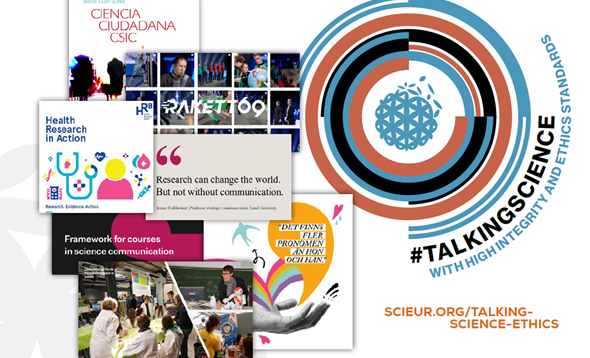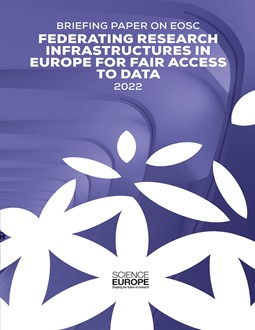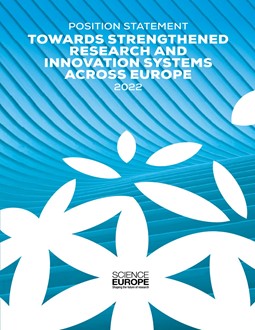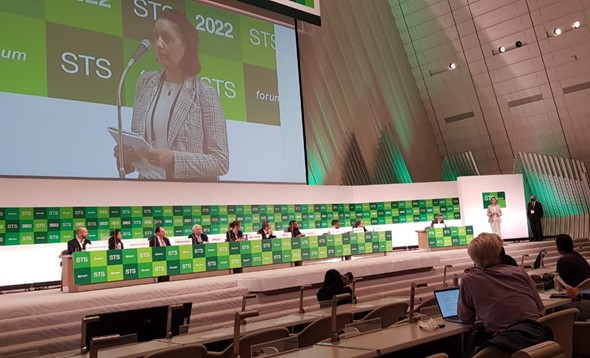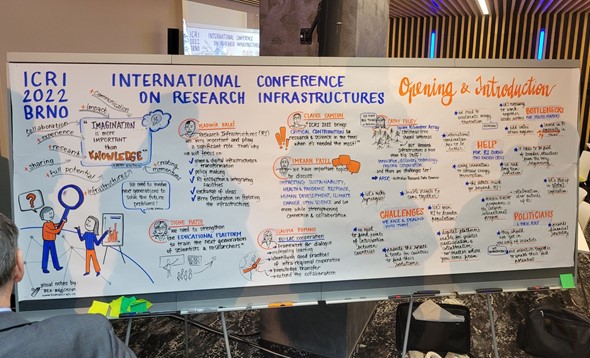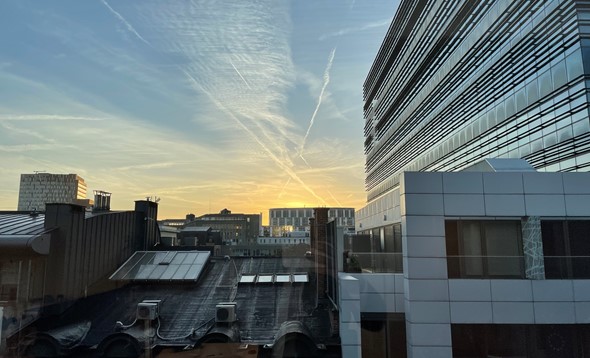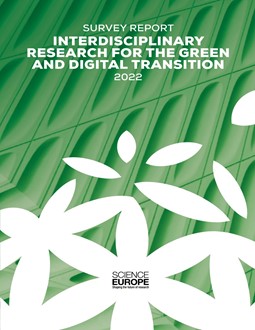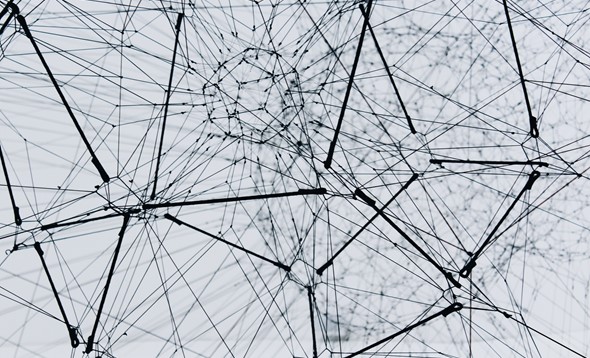10th World Science Forum Discusses Science for Social Justice and Adopts Top Declaration
The 10th World Science Forum (WSF) took place at the International Convention Center in Cape Town, South Africa, 5–9 December 2022. The WSF is a forum that addresses the social, economic relevance, influence and responsibilities of science, and the 2022 edition addressed the issue of “Science for Social Justice”. The event was organised by the Hungarian Academy of Sciences (MTA), Member of Science Europe that recently re-joint our organisation, in cooperation with UNESCO, the International Science Council (ISC), the American Association for the Advancement of Science (AAAS), The World Academy of Sciences (TWAS), the European Academies Science Advisory Council (EASAC) and the InterAcademy Partnership (IAP).


